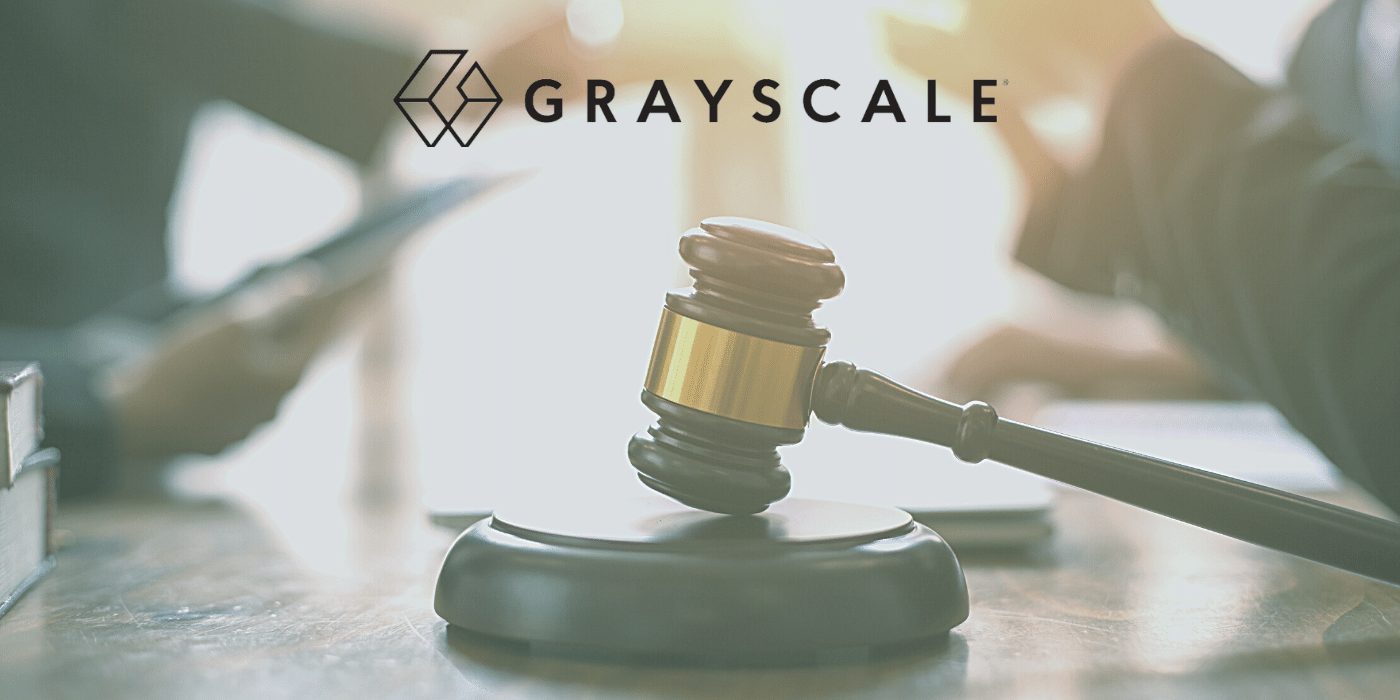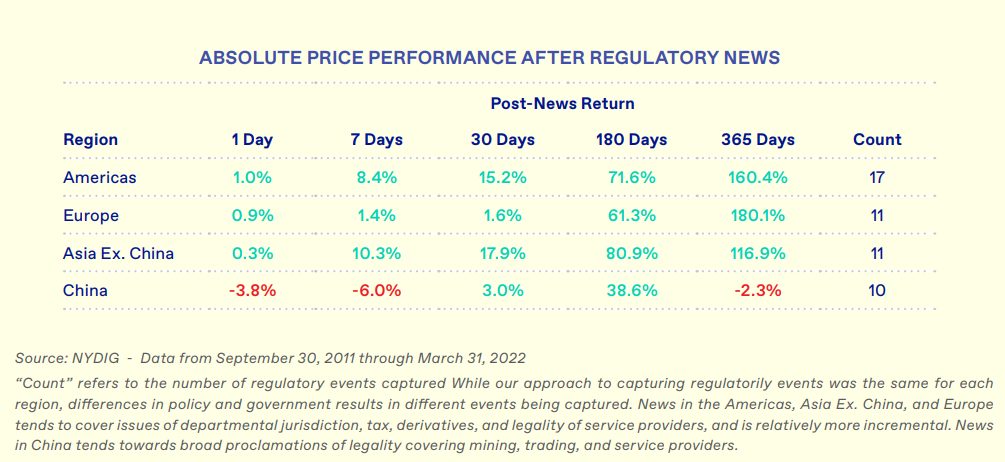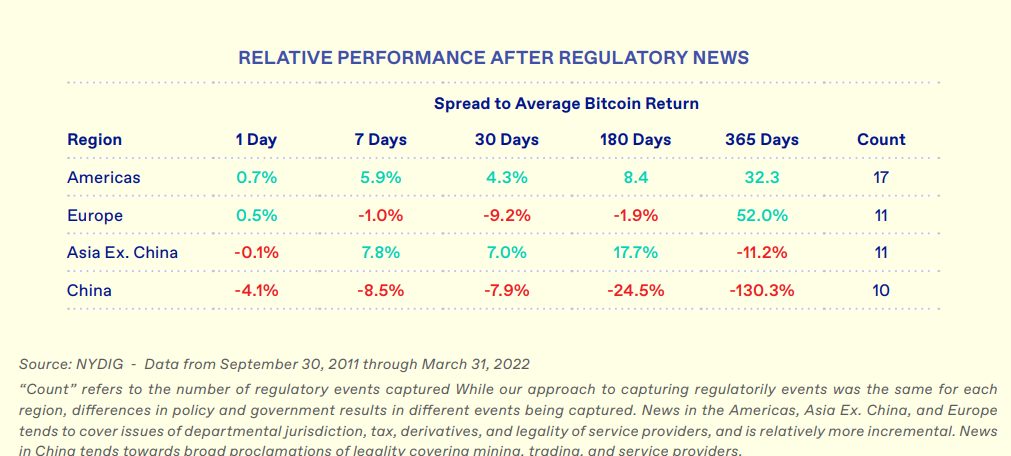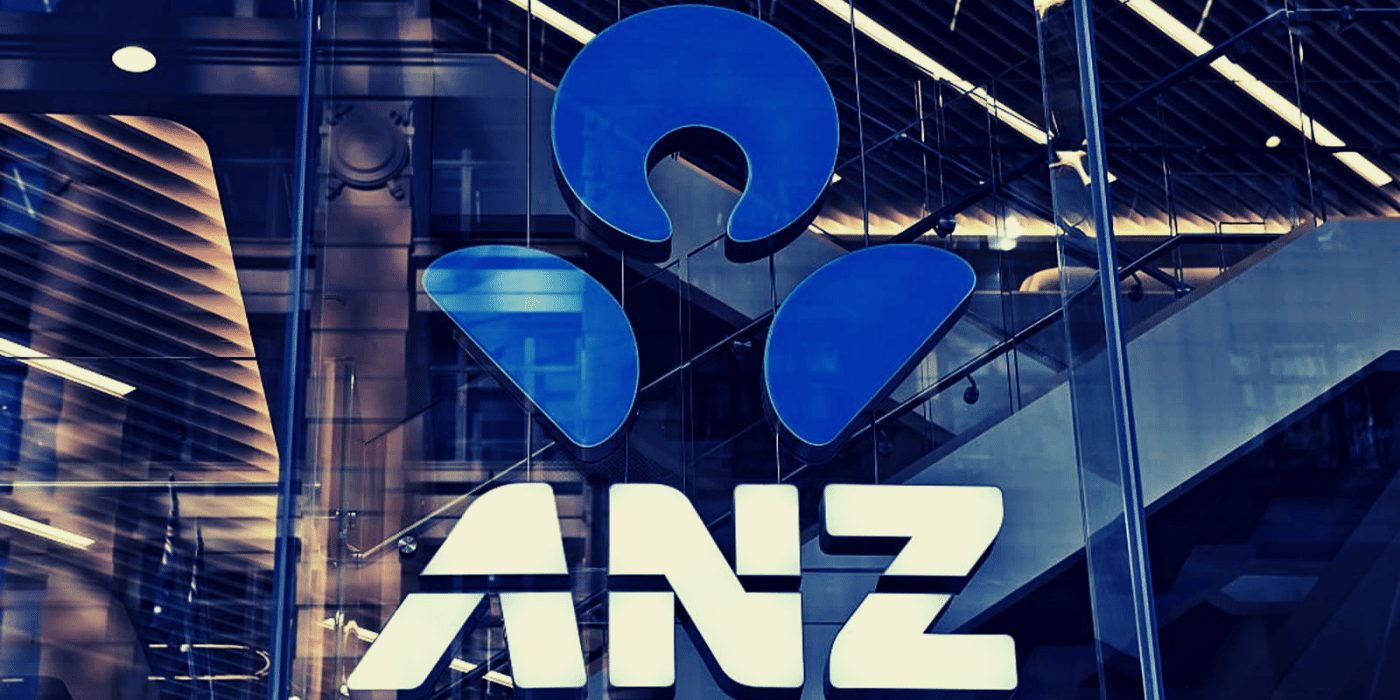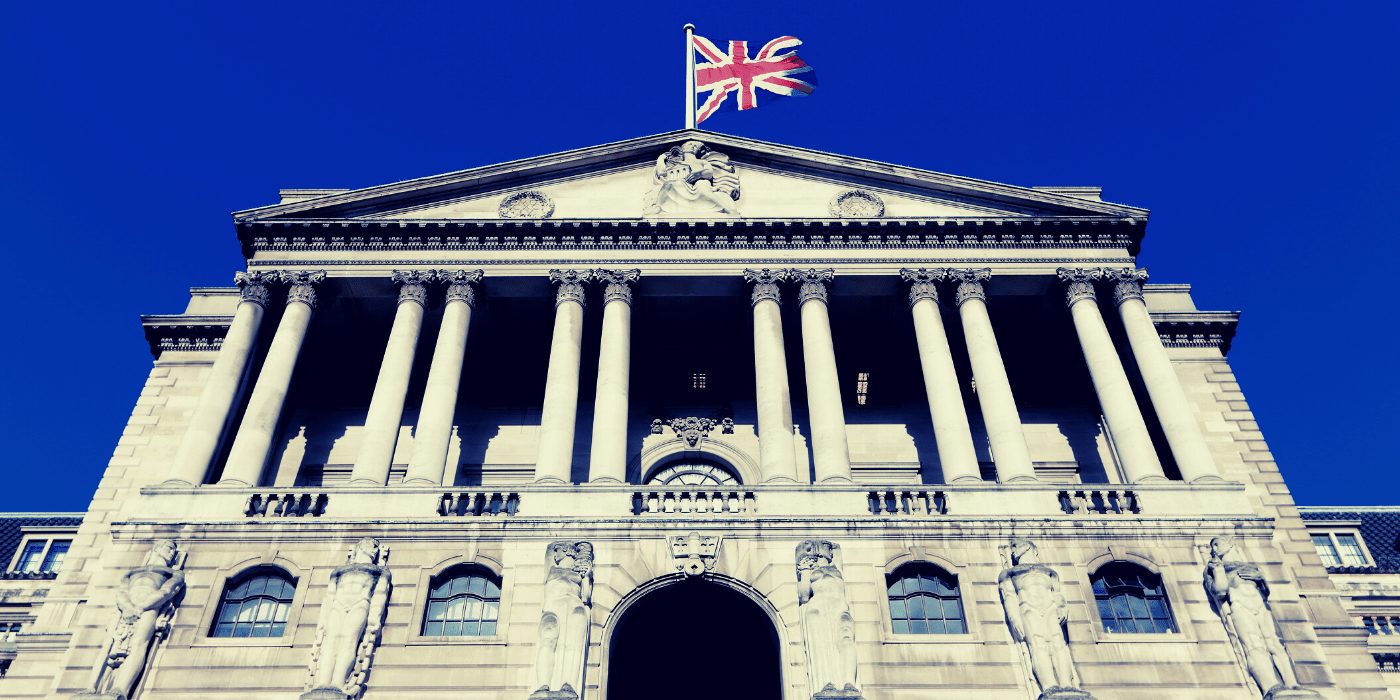Historically, the Grayscale Bitcoin Trust (GBTC) was the primary vehicle for US institutional exposure to bitcoin. As jurisdictions including Australia and Canada approved spot bitcoin exchange-traded funds (ETFs), the Securities and Exchange Commission (SEC) resisted. Once again, it has rejected appeals to approve a bitcoin ETF, and this time it is getting sued:
Grayscale Committed to a Spot Bitcoin ETF
As news broke that the SEC had rejected its application to convert GBTC into an ETF, Grayscale moved swiftly to file a petition for review with the US Court of Appeals for the District of Columbia Circuit.
Speaking on CNBC’s Squawk Box, chief executive Michael Sonnenshein commented that Grayscale was “of course very disappointed, but as an organisation [we] were ready”. He added that the firm “almost immediately” filed a petition for review as it “vehemently disagreed with the decision”.
When asked for the basis for Grayscale’s legal challenge, Sonnenshein responded:

The SEC is acting arbitrary and capricious by continuing to approve Bitcoin futures based ETFs while continuing to deny spot Bitcoin ETFs.
Michael Sonnensheim, CEO, Grayscale
Nonetheless, Grayscale has said that it remains “committed” to converting the GBTC into an ETF, adding that:
Through the ETF application review process, we believe American investors overwhelmingly voiced a desire to see GBTC convert to a spot Bitcoin ETF, which would unlock billions of dollars of investor capital while bringing the world’s largest Bitcoin fund further into the US regulatory perimeter. We will continue to leverage the full resources of the firm to advocate for our investors and the equitable regulatory treatment of Bitcoin investment vehicles.
Grayscale press release
‘Poked the Wrong Nest’
In a rare display of unity between Bitcoiners and the crypto community, both sides agreed that pushback was needed against the SEC’s decision, with on-chain analyst Will Clemente saying:
Others commented that the SEC’s decision “lacked substance” or “common sense”:
Tellingly, during Grayscale’s 240-day review, a record-breaking 11,400 submissions were received with over 99 percent demonstrating support for the conversion.
Even though a final decision is only likely to be reached within the next 12 months, it appears as if the SEC may well have poked the wrong nest. Bitcoiners, in particular, have a tendency to make their voices heard.

